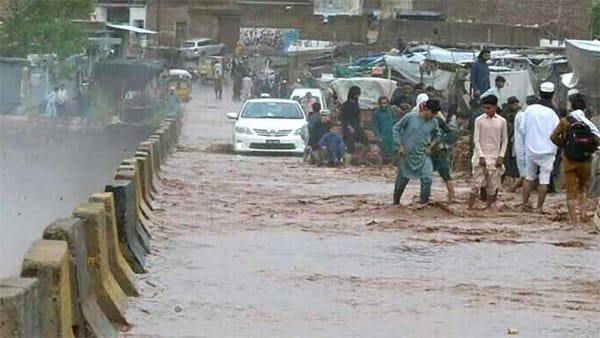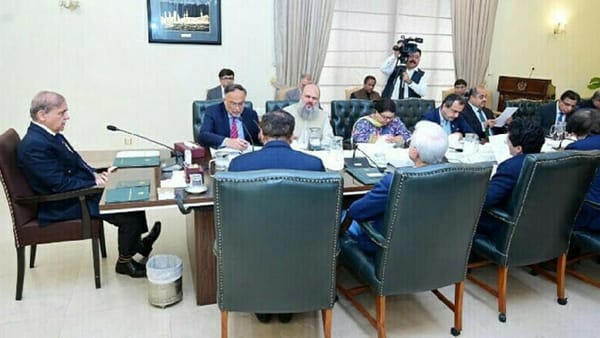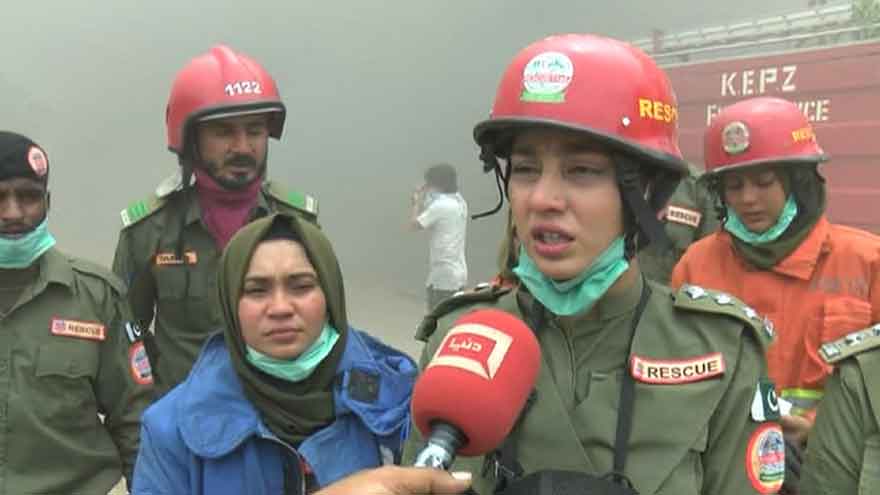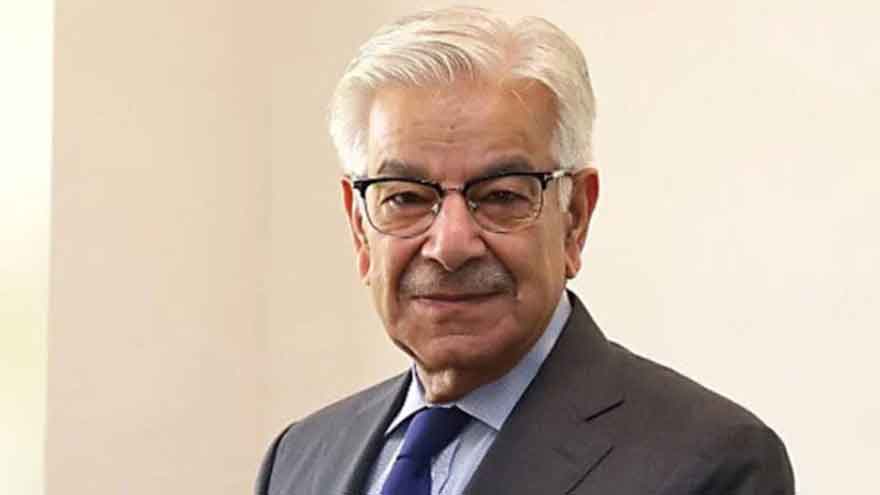Khamenei Rejects US Threats Amid Rising Nuclear Tensions
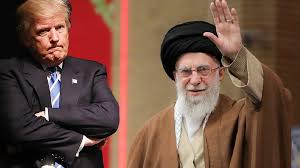
Iran’s Supreme Leader, Ayatollah Ali Khamenei, has dismissed recent threats from the United States, asserting that such warnings will not yield results in Tehran’s dealings with Washington. Speaking during a live televised address marking Nowruz, the Persian New Year, Khamenei strongly rebuffed US President Donald Trump’s recent remarks, which included veiled threats of military action.
Khamenei emphasized that any hostile action against Iran would prompt a “hard slap,” signaling that Tehran would not back down from its stance. The remarks come after reports surfaced indicating that President Trump had sent a letter to Khamenei on March 7, urging Iran to return to negotiations on its nuclear program while also hinting at potential military intervention if Tehran does not comply.
Iran Responds to US Threats
Iranian Foreign Minister Abbas Araghchi acknowledged the letter, calling it “more of a threat” but also noting that it contained certain opportunities. He mentioned that Tehran was carefully reviewing its response and would make an official announcement in the coming days.
US news outlet Axios reported that Trump’s letter set a “two-month deadline” for reaching a new nuclear deal, although no specific dates were provided. This development follows the US’s ongoing pressure campaign against Iran, with Trump’s administration continuing its hardline stance.
Khamenei Rejects Negotiations Under Pressure
Khamenei’s response to the US threats was clear: Tehran would not engage in negotiations under pressure. He criticized previous US attempts to manipulate global perceptions by appearing open to talks while simultaneously exerting pressure on Iran. Since re-assuming office in January, Trump has revitalized the “maximum pressure” policy that aims to push Iran back into compliance with a new nuclear agreement.
In 2018, President Trump unilaterally withdrew the US from the Iran nuclear deal, reimposing severe sanctions on the country. Iran initially adhered to the terms of the agreement but began to scale back its compliance in 2019, ramping up uranium enrichment to 60%, far surpassing the 3.67% limit set by the original agreement and approaching the 90% threshold needed for weapons-grade material.
The Stalemate on the Nuclear Deal
Despite multiple attempts to revive the nuclear deal, negotiations have stalled. Tehran has repeatedly rejected the idea of direct negotiations with Washington under conditions of coercion. Foreign Minister Araghchi reiterated that Iran “will not engage in talks while facing pressure, threats, and sanctions.”
This deadlock continues to fuel tensions between the two nations, with little sign of a breakthrough in the ongoing dispute over Iran’s nuclear program.

